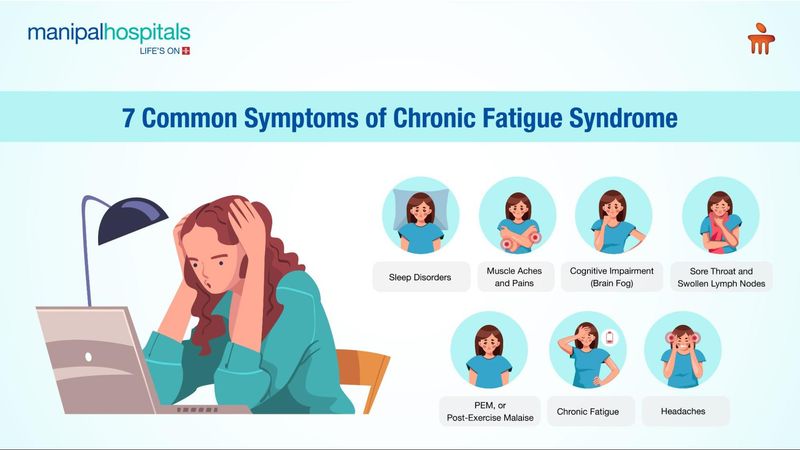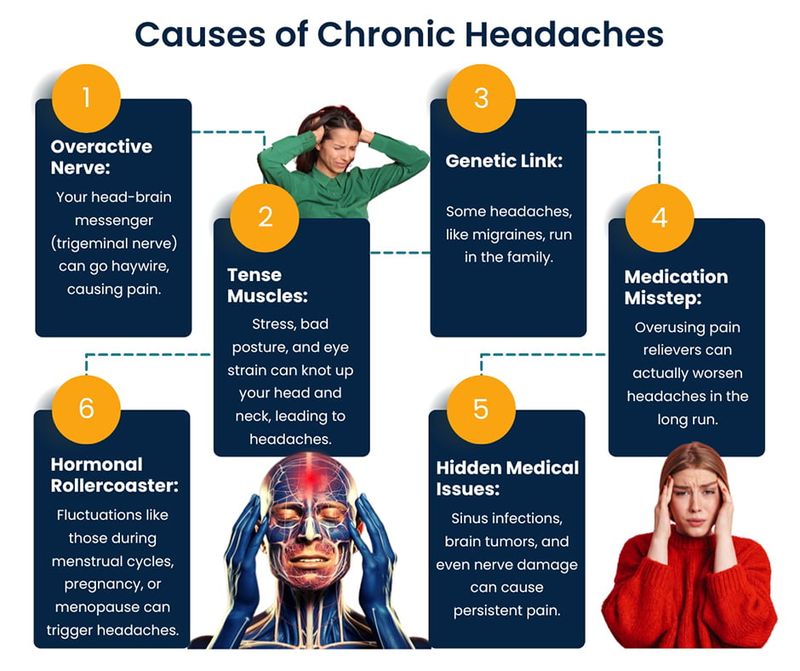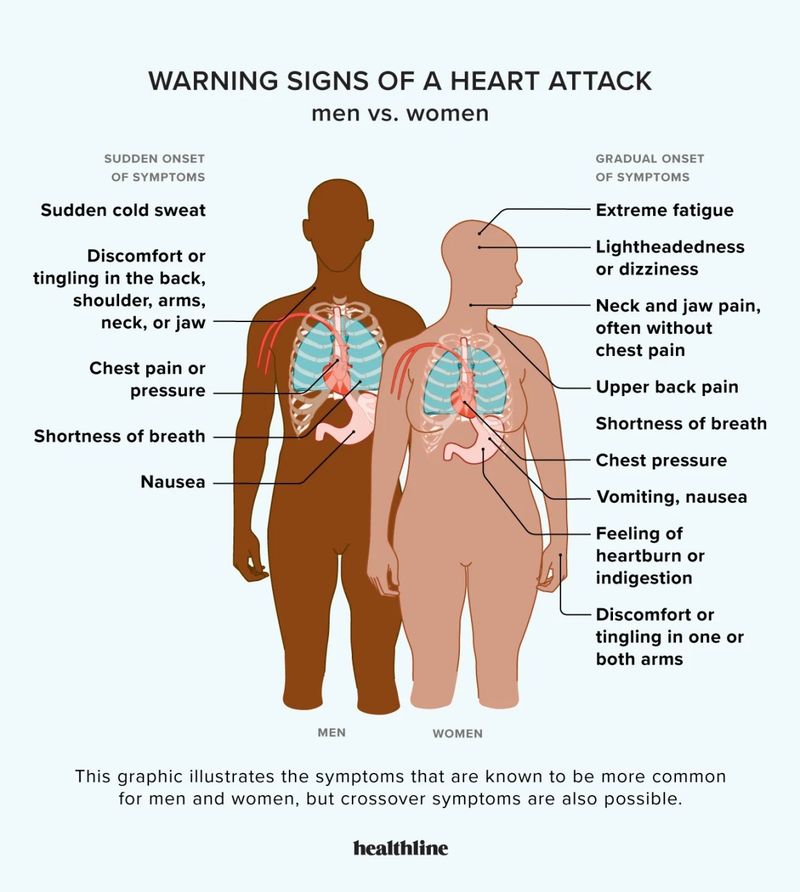Our bodies possess an intricate way of communicating when something is amiss. Often, these signals may manifest in subtle ways, leading us to overlook critical signs of distress. Recognizing these indicators is essential in taking proactive steps toward improving our overall well-being. This article highlights eight unexpected signs that suggest your body is urging you to reassess and possibly change your current lifestyle. These signs not only impact your physical health but also your emotional and mental states. By paying attention to these signals, you can make informed decisions that foster a healthier, more balanced life.
1. Persistent Fatigue

Feeling perpetually exhausted, even after a full night’s rest, could be your body’s way of alerting you to underlying stress or dissatisfaction with your current circumstances. This persistent fatigue can affect your mood, productivity, and overall quality of life. Consider examining your daily routines, work-life balance, and personal relationships. Are they providing nourishment or draining your energy? By understanding the root cause of your fatigue, you can explore lifestyle changes that rejuvenate both body and mind.
2. Unexplained Weight Changes

Sudden weight loss or gain without any dietary or exercise adjustments might be more than just an anomaly. It could hint at deeper emotional or physical issues. Stress, hormonal imbalances, or even thyroid problems could be contributors. Reflect on recent changes in your life that could be affecting your body weight. Addressing these challenges may require consulting with a healthcare provider to uncover and treat the underlying causes.
3. Constant Thirst

An unquenchable thirst, especially when not linked to hot weather or exercise, might signal health concerns like diabetes. This persistent thirst often comes with frequent urination and can be disruptive to daily life. It’s vital to observe any other accompanying symptoms and consult a healthcare professional. By addressing this early, you can prevent potential complications and ensure your body remains hydrated and healthy.
4. Persistent Headaches

Persistent headaches can feel like an unwelcome guest, subtly indicating stress, dehydration, or more serious health issues like migraines or high blood pressure. These headaches can disrupt your daily activities and impact your quality of life. Evaluate your environment and lifestyle for possible triggers, such as screen time, lack of sleep, or dietary habits. By identifying and addressing these factors, you can alleviate headache occurrences and improve your overall well-being.
5. Changes in Bowel Habits

Significant shifts in your bowel habits can be unsettling, signaling stress or digestive disorders. Persistent diarrhea or constipation may not only cause physical discomfort but also emotional strain. Consider tracking your diet, stress levels, and lifestyle changes to pinpoint potential causes. Consulting a healthcare provider can help in diagnosing and managing any underlying conditions effectively.
6. Skin Changes

The skin, your body’s largest organ, might display warning signs when something’s wrong internally. Unexplained rashes, persistent itching, or changes in moles can reflect allergies or conditions like eczema or even skin cancer. Regularly inspect your skin for any unusual changes, and consult healthcare professionals for concerns. Early detection and treatment can prevent further complications and ensure your skin remains healthy.
7. Shortness of Breath

Experiencing shortness of breath, especially during minimal physical activity, could suggest respiratory or cardiovascular issues. This symptom can make daily tasks feel overwhelming and might indicate conditions like asthma or heart problems. Monitoring your breathing patterns and seeking medical advice can lead to early diagnosis and treatment, ensuring respiratory health.
8. Chest Pain or Discomfort

Chest pain, often accompanied by nausea or lightheadedness, is a serious signal from your body, demanding immediate attention. It may hint at heart-related issues, and ignoring it could lead to severe health consequences. Evaluate any accompanying symptoms and seek emergency medical care if necessary. Understanding and addressing chest pain can safeguard your heart health and overall well-being.

Well, hello there!
My name is Jennifer. Besides being an orthodontist, I am a mother to 3 playful boys. In this motherhood journey, I can say I will never know everything. That’s why I always strive to read a lot, and that’s why I started writing about all the smithereens I came across so that you can have everything in one place! Enjoy and stay positive; you’ve got this!

